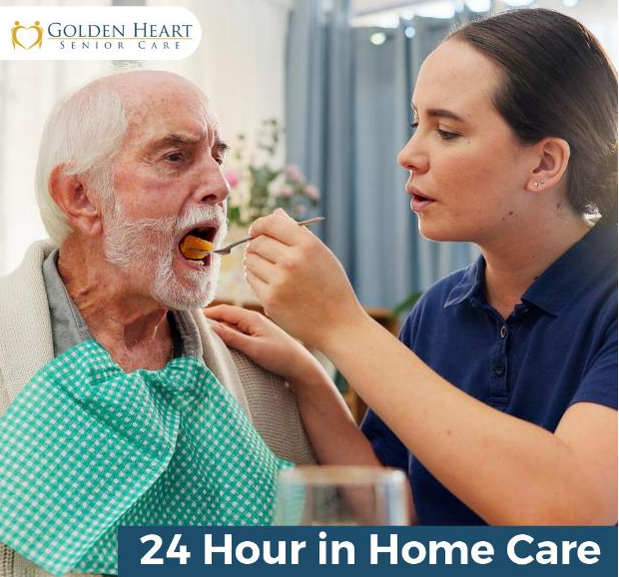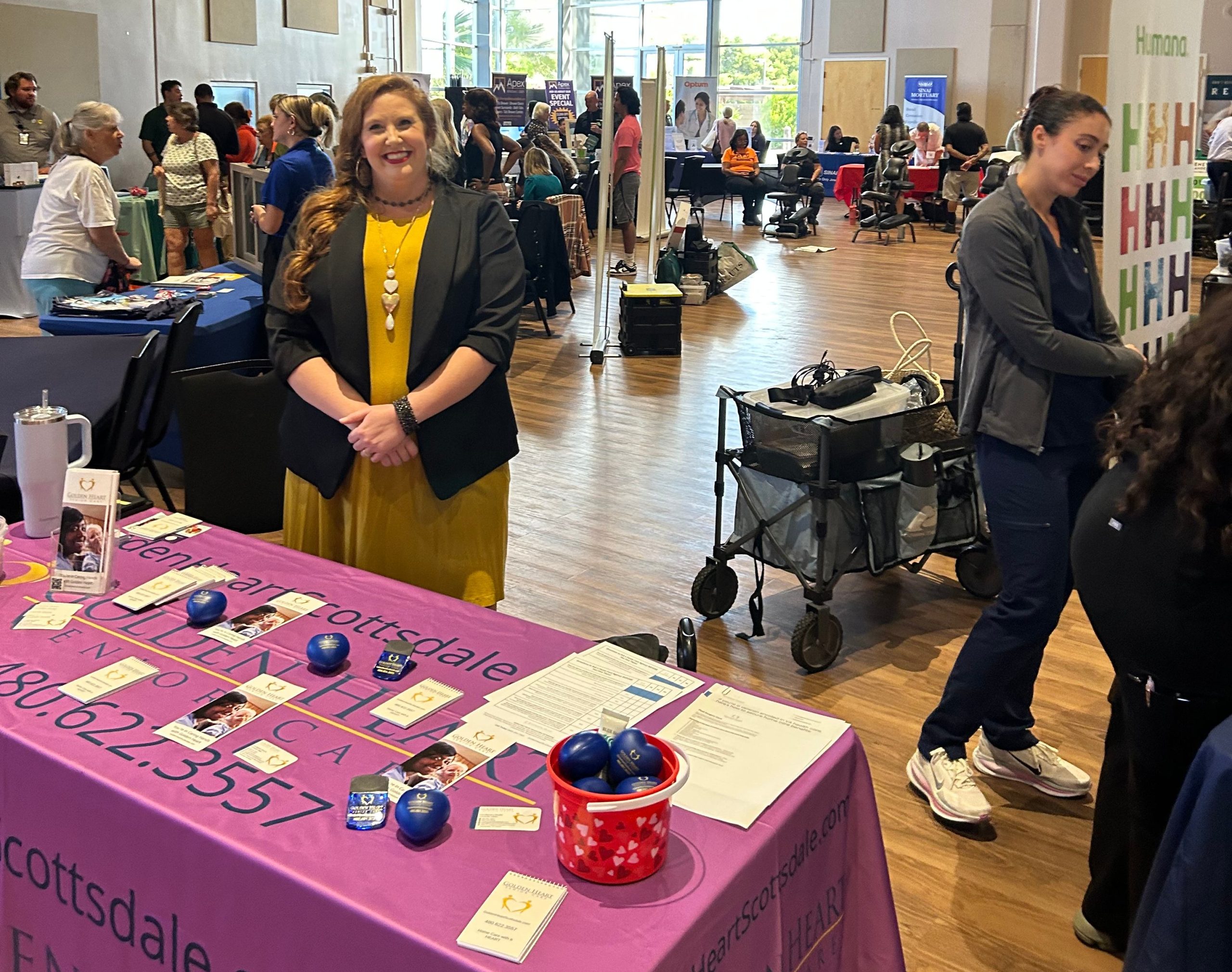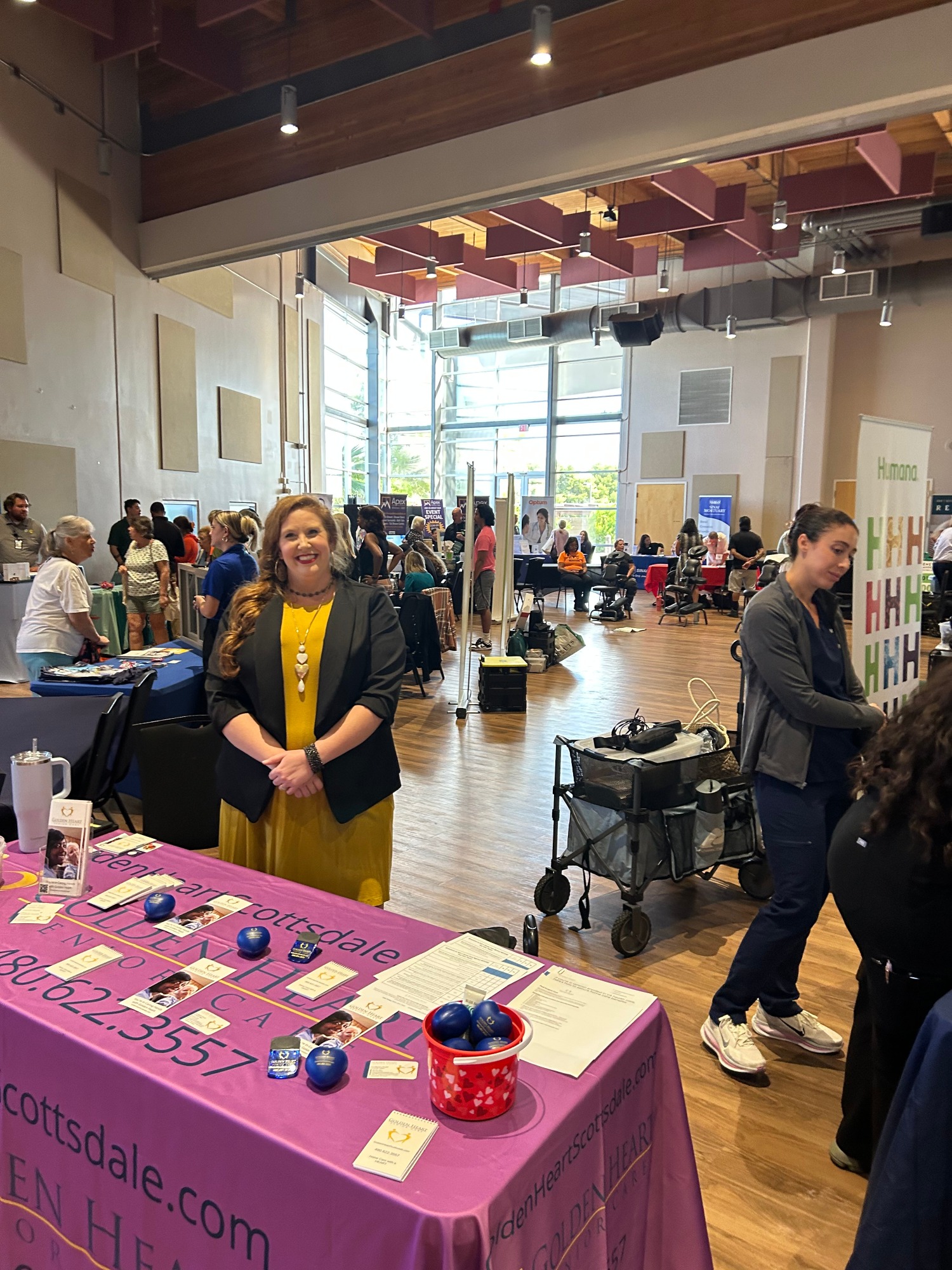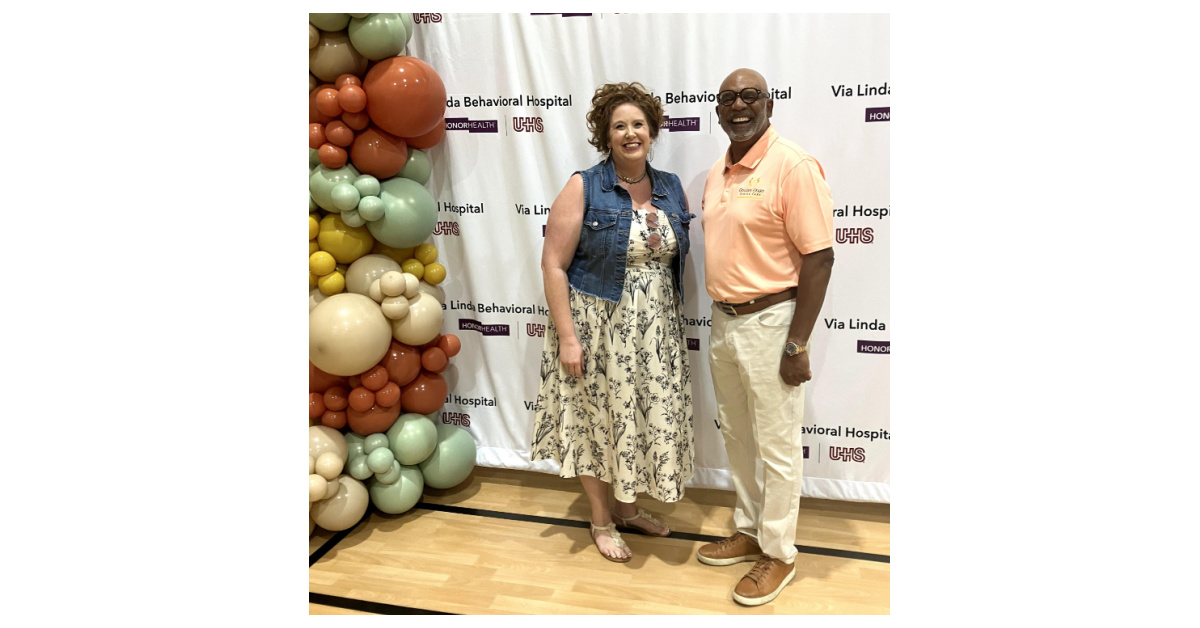It is fairly common for older adults to experience some degree of hearing loss as they age. Known as presbycusis, this condition develops gradually and can affect both quality of life and independence. While medical providers may recommend treatments or assistive devices, emotional and social support also play a key role in helping seniors adjust. For families, companion care at home offers a way to ensure that loved ones stay connected, engaged, and supported despite the challenges of hearing changes.
What causes presbycusis?
Presbycusis is generally caused by changes that occur in the inner ear over time. Tiny hair cells within the ear act as receptors, translating vibrations into signals that the brain interprets as sound. When these cells are damaged or decline with age, hearing becomes less clear. High-pitched tones may fade first, followed by increasing difficulty distinguishing words, especially in noisy environments.
In addition to age-related changes, other factors can contribute to hearing loss:
- Long-term exposure to loud noise, whether through work or recreational activities
- Smoking, which reduces blood flow and damages sensitive structures in the ear
- Certain health conditions such as diabetes or high blood pressure
- Medications that may have side effects impacting hearing
Because these changes often occur gradually, many older adults do not realize how much their hearing has diminished until the effects become significant.
Symptoms to watch for
Age-related hearing loss can sneak up slowly. Your loved one may not notice the decline right away, but there are signs you can look out for:
- Difficulty hearing quieter voices, such as children or soft-spoken individuals
- Trouble detecting high-pitched sounds, like birds chirping or doorbells
- Turning up the volume on the TV, phone, or radio much louder than usual
- Relying on closed captioning for most video programs
- Struggling to follow conversations in crowded or noisy places
- Complaints of discomfort when hearing loud noises, such as alarms
- Experiencing dizziness or balance issues alongside hearing problems
- Withdrawing from social activities or speaking less at family gatherings
Recognizing these changes early allows families to seek support and prevent further isolation.
Why hearing is vital for well-being
Hearing plays a critical role in maintaining independence, safety, and emotional health. Clear hearing allows seniors to:
- Enjoy conversations with family and friends
- Stay socially connected and avoid isolation
- Engage fully in hobbies and activities they love
- Respond to important sounds such as smoke alarms, doorbells, or car horns
When hearing begins to decline, seniors may feel left out of conversations or stop participating in group settings. Over time, this can lead to loneliness, frustration, or even depression. That’s why staying connected is just as important as seeking medical treatment for hearing loss.
Staying connected despite hearing loss
Doctors and hearing specialists can provide treatment options, such as hearing aids, assistive listening devices, or therapy to improve communication strategies. But even with these solutions, many seniors benefit from added support in daily life—especially when hearing loss makes it harder to manage tasks or stay socially engaged.
This is where companion care at home makes a meaningful difference. Companion caregivers provide personalized, one-on-one support that helps seniors overcome the challenges of hearing loss while maintaining independence. Examples of how companion care can help include:
- Assisting with phone calls or video chats, ensuring seniors don’t miss important conversations
- Providing transportation to medical appointments, social outings, or community events
- Offering companionship during quiet days at home, helping to ease feelings of isolation
- Engaging in activities together, such as reading aloud, watching movies with captions, or working on hobbies
- Acting as a patient listener who communicates clearly and ensures seniors feel understood
How families benefit from added support
When a loved one struggles with hearing loss, family members often try to fill the gap—repeating words, speaking more loudly, or coordinating appointments. Over time, this responsibility can become tiring and emotionally challenging. Companion caregivers help lighten that load by providing consistent, reliable support. Families can relax knowing their loved one has someone attentive by their side, encouraging engagement and connection every day.
A path forward with the right care
Hearing loss is a common part of aging, but it does not have to mean isolation or loss of independence. By combining medical care with emotional and social support, older adults can continue to live full, connected lives. Companion care at home provides the steady encouragement and practical help seniors need to navigate hearing challenges while staying active and engaged.
If your loved one is showing signs of age-related hearing loss, now may be the right time to explore additional support. With the right care in place, seniors can maintain both their independence and their connection to the people and activities they love most.
If you or an aging loved one is considering companion care at home in San Tan Valley, AZ, please call the caring staff at Golden Heart Senior Care of Scottsdale at (480) 284-7360. We are here to help!









